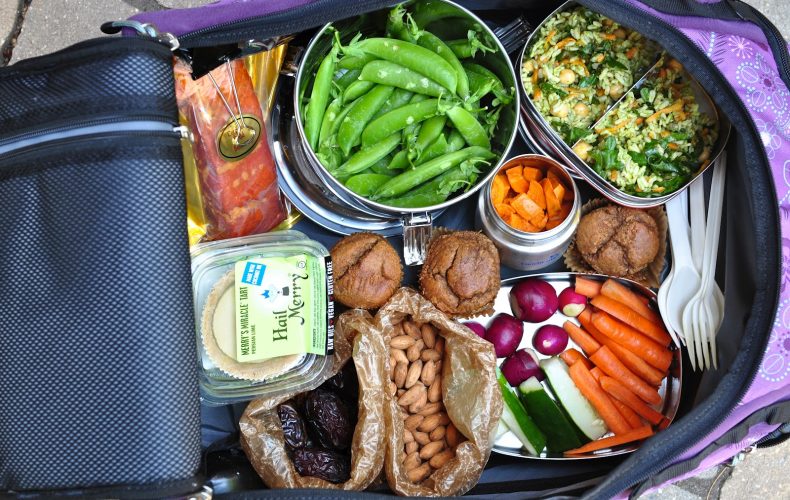Traveling? 5 Tips for Appreciating the Food Better by Eric Moxam
Food is an integral part of every culture. If you’re traveling and want to immerse yourself in the local culture as much as possible, that means eating everything you can!
However, are you concerned that you won’t appreciate the food enough? Sure, you know it tastes good, but do you understand where it’s ingredients come from, its history, and cultural significance? If you want to be an excellent food tourist, you need to be able to say more than, “Mm, this is yummy.” Like how Eric Cody Moxam is interested in cultural cuisines, here are a few tips for going beyond what your taste buds immediately detect:
Research ahead of time
Of course, you want to know what you’re getting yourself into before you arrive. Research local staple dishes and ingredients and double-check for anything you are allergic to or otherwise cannot or will not eat. For instance, people with celiac disease should research how many gluten-free meals there are in the country they are about to visit.
You may also need to psych yourself up to try things you have never tasted before. Is squid new to you, but popular where you are going? You’re going to want to give it a try, so prepare yourself. Embrace new experiences instead of turning your head too quickly. Should you expect lots of savory dishes? Sweet treats? How does the local culture define “spicy”? (what you consider spicy, for instance, might be mild to someone else!). Researching ahead of time will also give you an idea of dishes you are excited about, so you know what foods to pursue first.
Let the locals tell you what to do
Do you want an authentic experience? Then ask the locals what to do. Not just any local, though—do you ask random people at home what their favorite dish is and expect them to show you where to find it? Likewise, are you a food expert who would appreciate a tourist asking you a bunch of questions about cultural foods they need to try? Probably not.
Instead, ask the locals who are knowledgeable and are willing to share that knowledge. One of the best experiences you can participate in is a food tour: sign up to be part of a guided group with an expert who will take you to some of the best establishments around. Whether it’s a street food tour or bouncing between restaurants, you can trust your guide’s knowledge and let them share dishes that you might never have thought to order.
If you have local friends, though, feel free to ask them what their favorite places are. Even if your friends aren’t foodie experts and the establishment has lots of menu items you are familiar with, you’ll get a glimpse into the day in the life of someone who lives there.
Don’t listen to snobby reviews
While researching places to eat online, you will undoubtedly browse a few testimonials. You will likely gravitate toward establishments with lots of high ratings, but try to look past the reviews. Some people give negative reviews for extremely insignificant things, and you don’t want to miss out on an incredible meal because someone’s snobbiness skewed your perception. Plus, some countries have different norms when it comes to service that people from other cultures don’t understand. Keep an open mind when reading what other people think of places to eat.
Engage your senses
If you’ve ever been wine tasting, then you know that it entails much more than taking a sip and deciding if you like it or not. Sometimes, you’re instructed to visually enjoy the wine in the glass, swirl it around, and smell it before tasting—and then you swirl it around again inside your mouth, and you can take a slurp of air to oxidize it even further.
You will appreciate food more if you engage all of your senses. Soak your meal in visually, inhale its aromas, feel its weight in your hand or on your fork, and relish its texture. To invoke positive emotions and release feel-good chemicals in your brain, pay more attention to your food than your first taste instincts (and some tastes are acquired!).
Keep track of what you eat
You don’t want to try something delicious and forget what it was called the next day. Keep track of the dishes you taste and record your thoughts in a notebook or an app. Bigoven and Zomato are examples of apps you can use to share your favorite recipes and learn about others’, and when you keep track of your favorite foods, you can try making them for yourself at home.
Food is a complex and critical subject, so you don’t want to miss out. How do you appreciate food on a deeper level when traveling?




